
The auto industry faces two challenges as technology systems become more complex. One is that drivers find them so complicated that they do not use them. The other is that the technology requires components that are not always available. A semiconductor chip shortage, which includes those often used in auto electronics systems, has severely limited what manufacturers can build. This has hurt manufacturer earnings and has driven car supplies down and car prices up.
And, times have changed. Three decades ago, American cars were technologically primitive by today’s standards. Airbags were not mandatory until 1991. Today, the advances have come so far that people anticipate having safe, self-driving cars by the end of the decade.
J.D. Power, probably the most widely respected car research firm in America, has just released its 2021 U.S. Tech Experience Index. It divides car technology into these four measures: “convenience; emerging automation; energy and sustainability; and infotainment and connectivity.” The study involved 110,827 people with new 2021 model vehicles after they had been owned for 90 days.
Speaking about the use of these new technologies, Kristin Kolodge, executive director of human machine interface at J.D. Power, pointed out: “New-vehicle prices are at an all-time high, partly as a result of an increased level of content. This is fine if owners are getting value for their money, but some features seem like a waste to many owners.”
“Non-users” of new technologies said they do not need the features. In other words, buyers are paying for features they feel are useless.
Cars in the study were divided into two groups: mass-market and premium cars. J.D. Power ranked each car brand on a 1,000-point scale.
Among all the cars regardless of category, Genesis, the luxury brand of Hyundai scored the best with a rating of 634. The number is impressive in part because it did not operate separately from its parent in the U.S. until 2015
Genesis follows the multi decade trend of Asian mainstream car companies which create an independent luxury brand. This includes Lexus from Toyota, Infiniti from Nissan, and Acura from Honda.
Click here to see the car with the best technology

32. Mitsubishi
> Score: 373/1,000 points
[in-text-ad]

31. MINI
> Score: 424/1,000 points
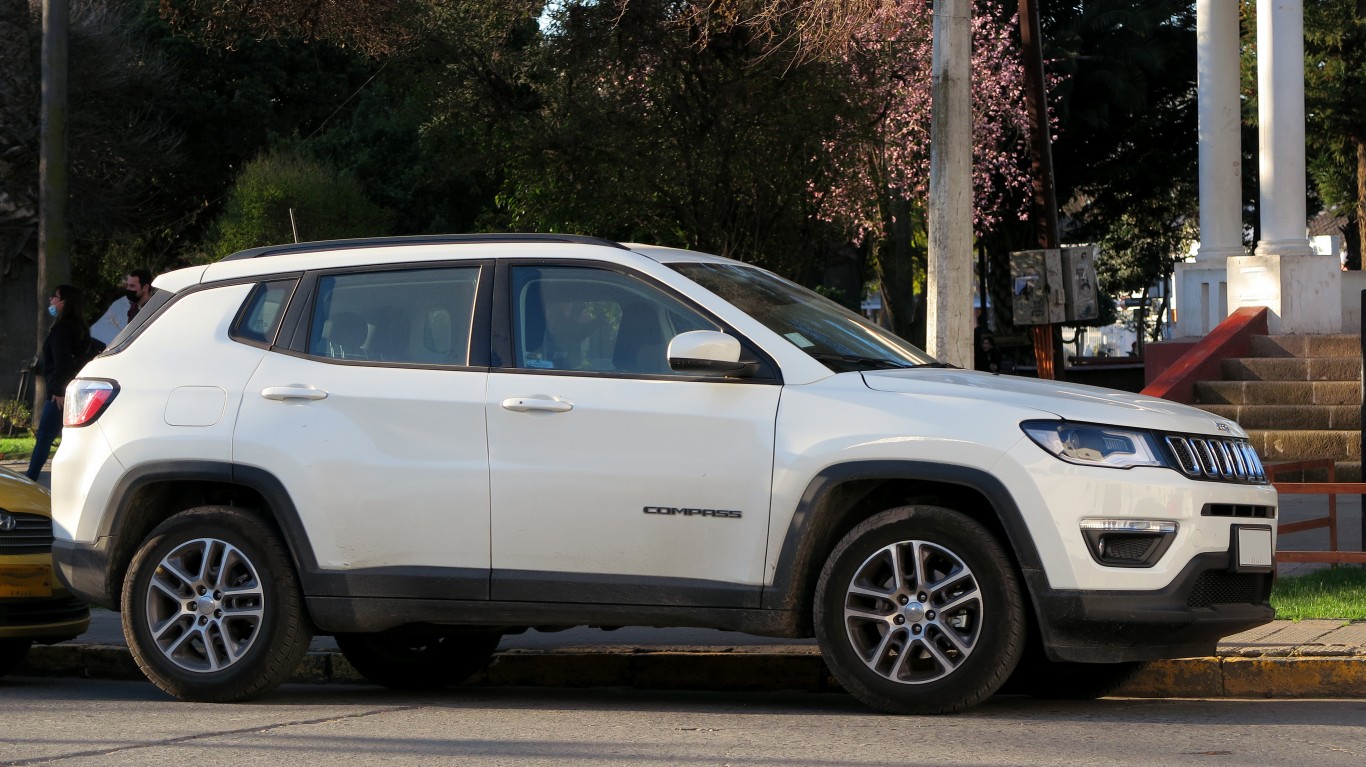
30. Jeep
> Score: 424/1,000 points

29. Porsche
> Score: 428/1,000 points
[in-text-ad-2]

28. Alfa Romeo
> Score: 429/1,000 points

27. Dodge
> Score: 434/1,000 points
[in-text-ad]
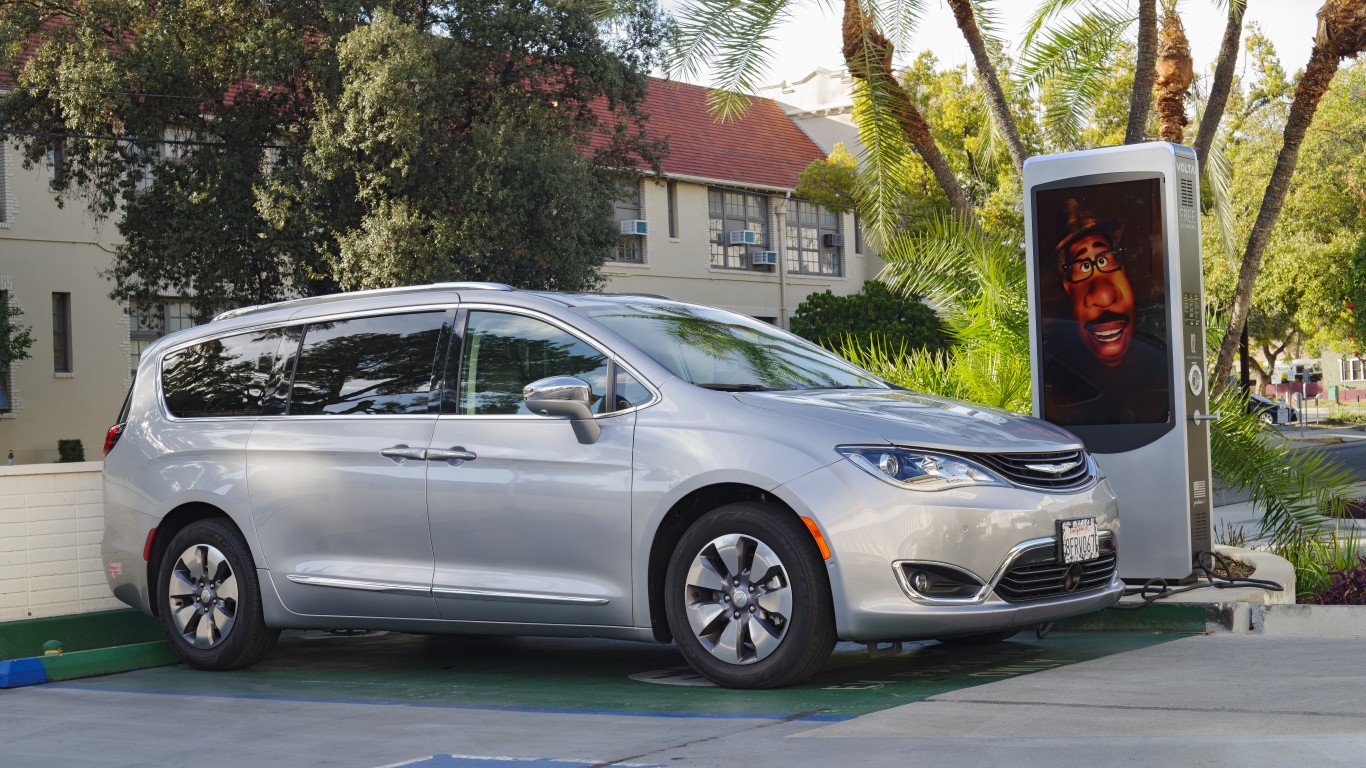
26. Chrysler
> Score: 434/1,000 points
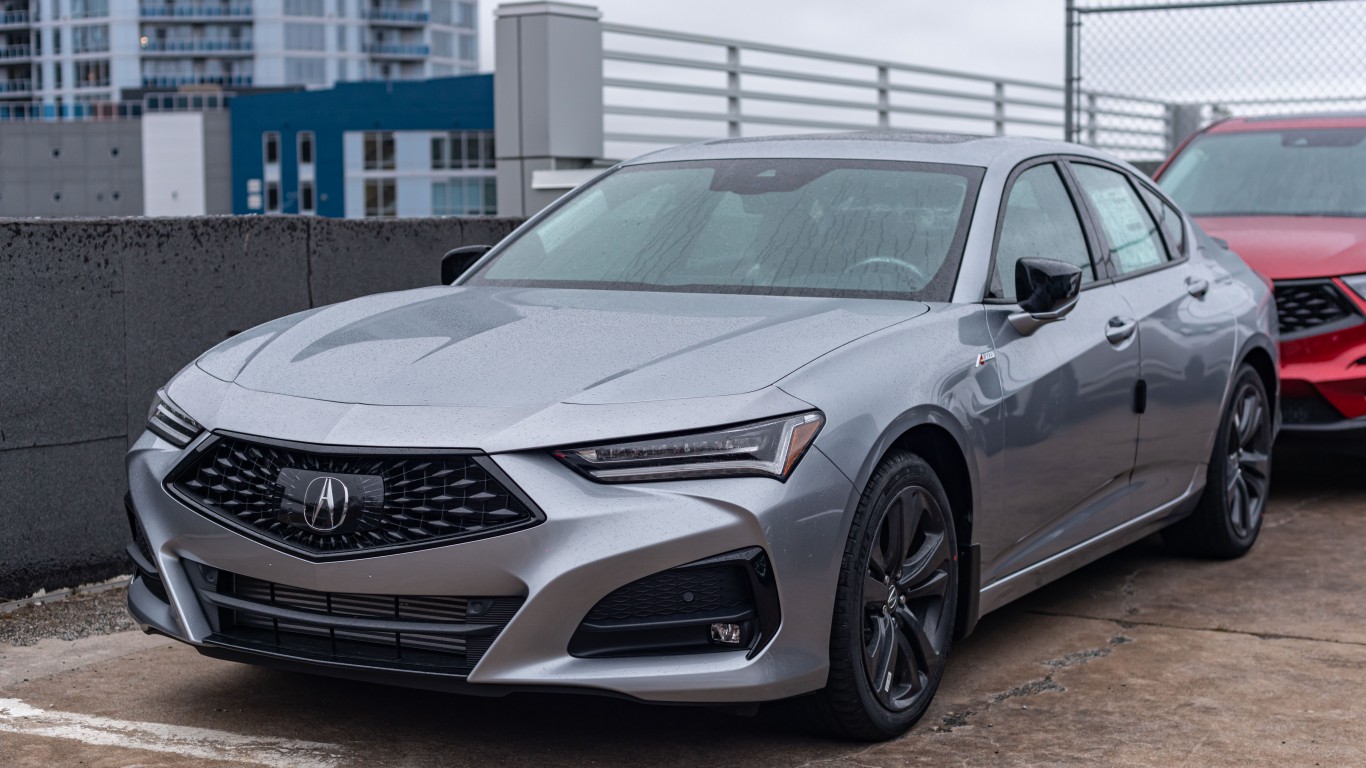
25. Acura
> Score: 436/1,000 points

24. Honda
> Score: 438/1,000 points
[in-text-ad-2]

23. Jaguar
> Score: 449/1,000 points
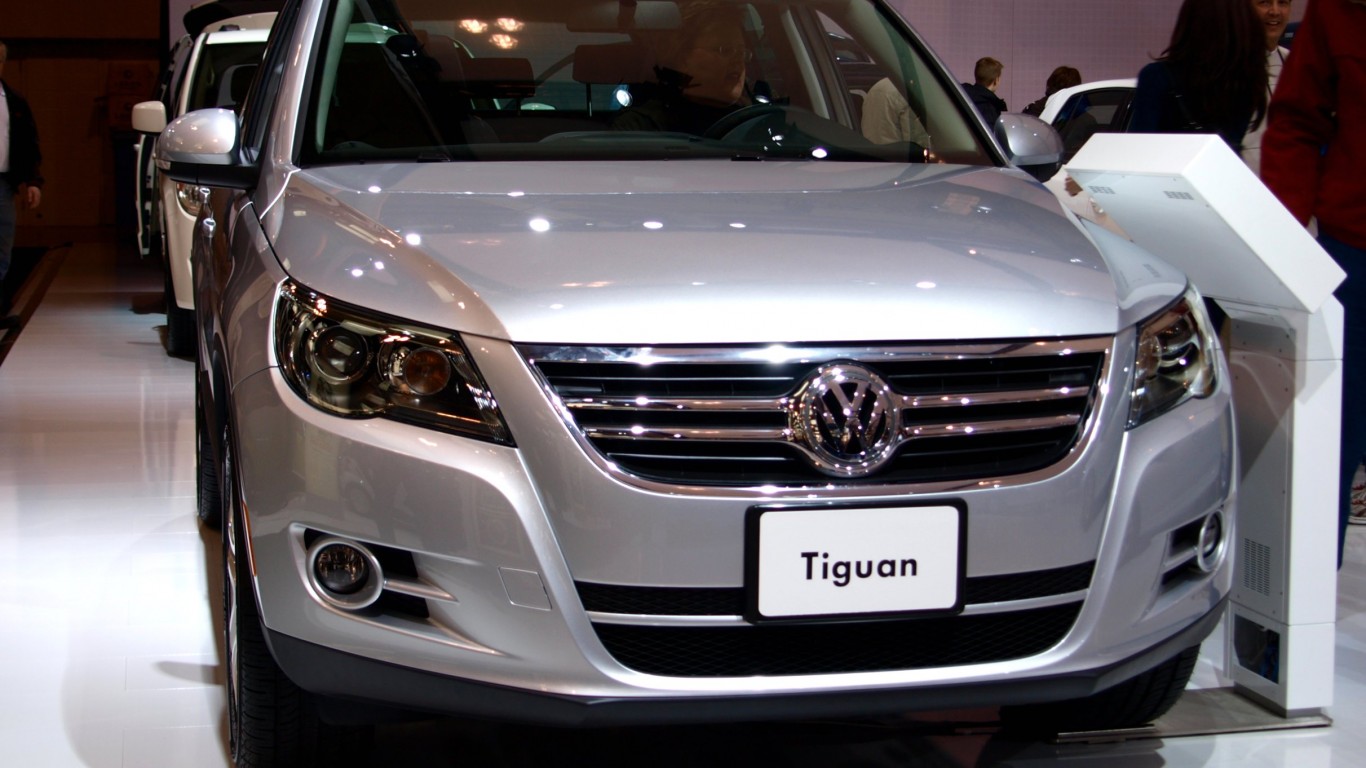
22. Volkswagen
> Score: 451/1,000 points
[in-text-ad]
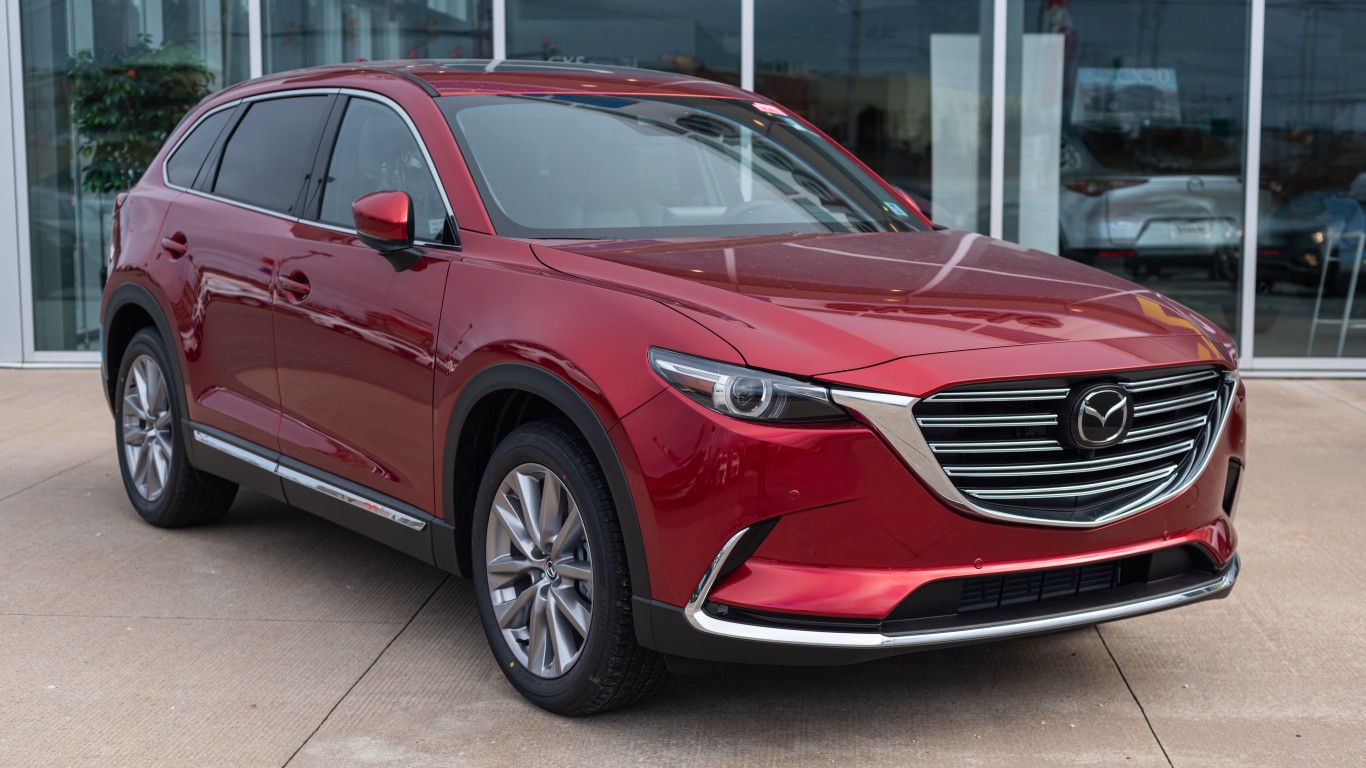
21. Mazda
> Score: 459/1,000 points
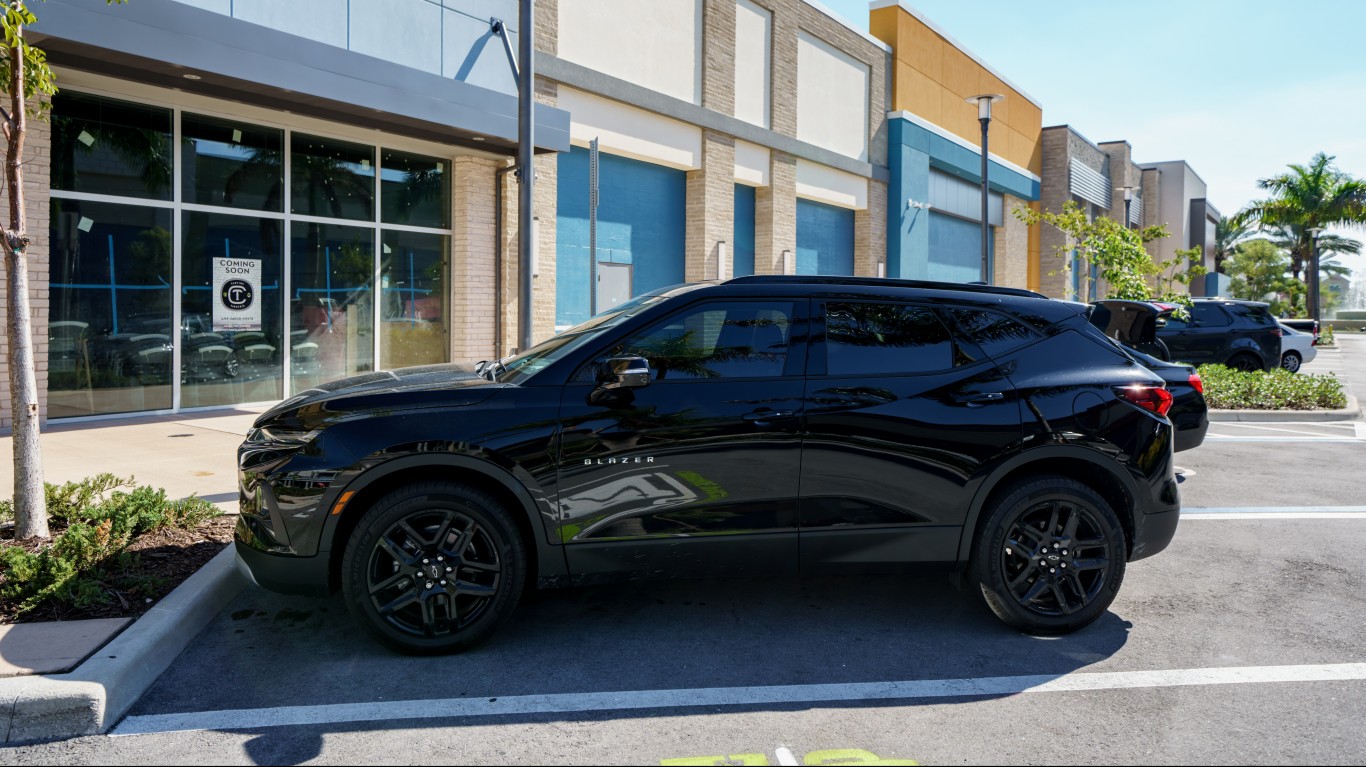
20. Chevrolet
> Score: 468/1,000 points

19. Audi
> Score: 469/1,000 points
[in-text-ad-2]

18. Ford
> Score: 470/1,000 points
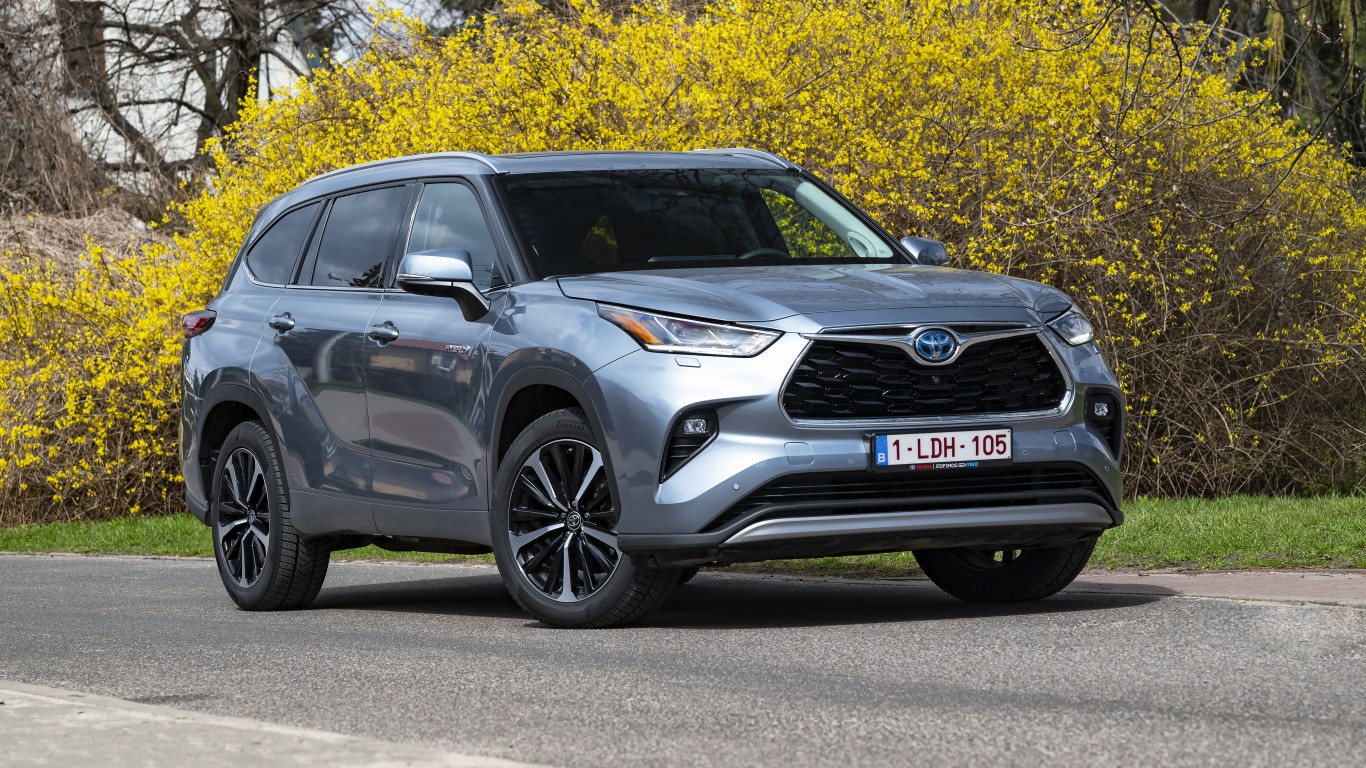
17. Toyota
> Score: 472/1,000 points
[in-text-ad]

16. Infiniti
> Score: 477/1,000 points

15. Buick
> Score: 478/1,000 points
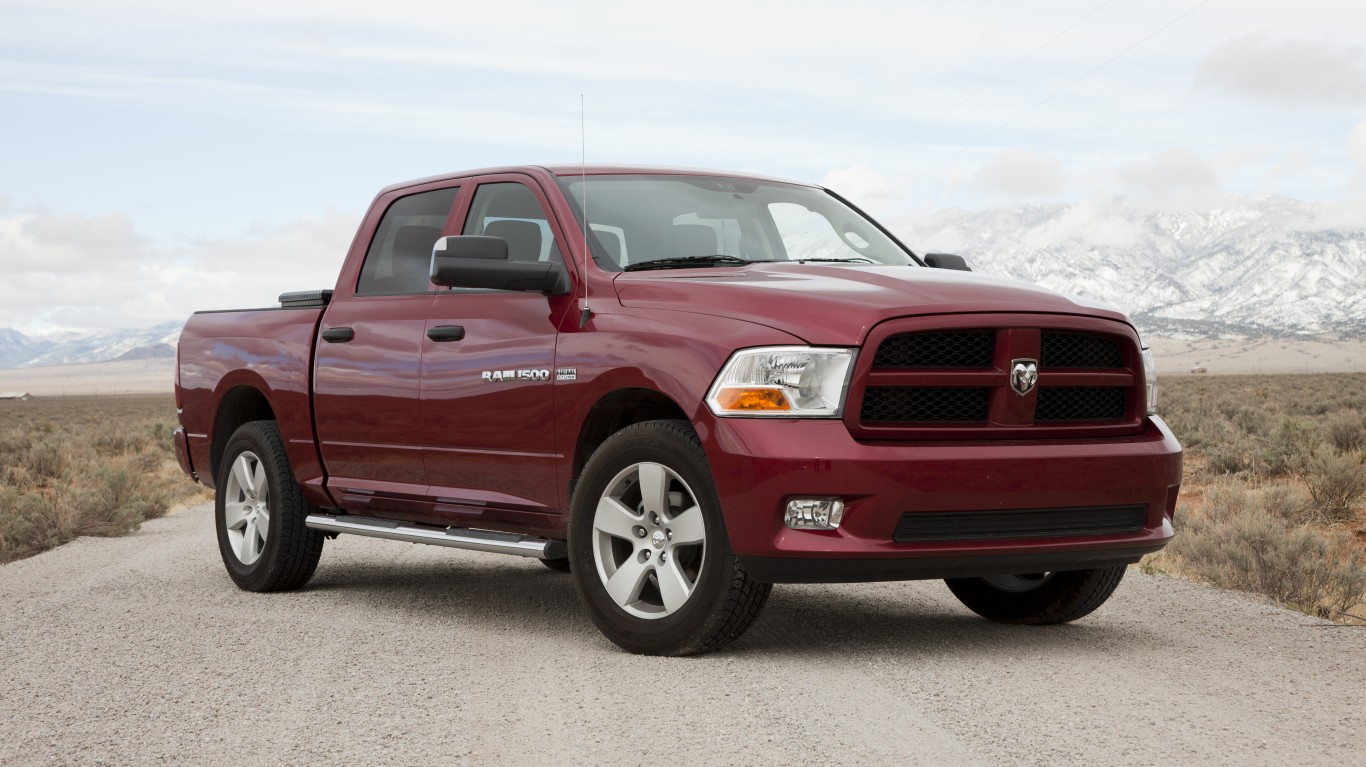
14. Ram
> Score: 483/1,000 points
[in-text-ad-2]

13. Lexus
> Score: 485/1,000 points

12. Land Rover
> Score: 487/1,000 points
[in-text-ad]

11. Lincoln
> Score: 496/1,000 points
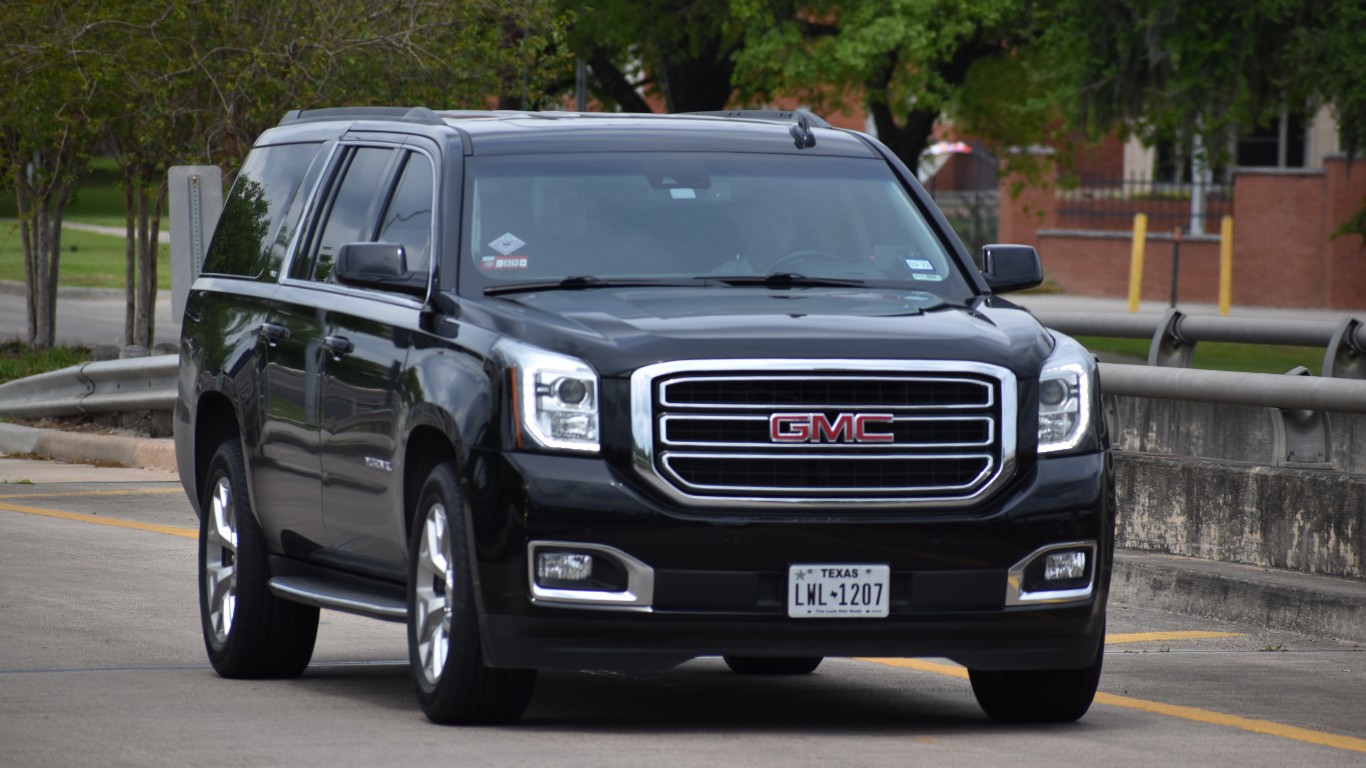
10. GMC
> Score: 498/1,000 points

9. Subaru
> Score: 499/1,000 points
[in-text-ad-2]
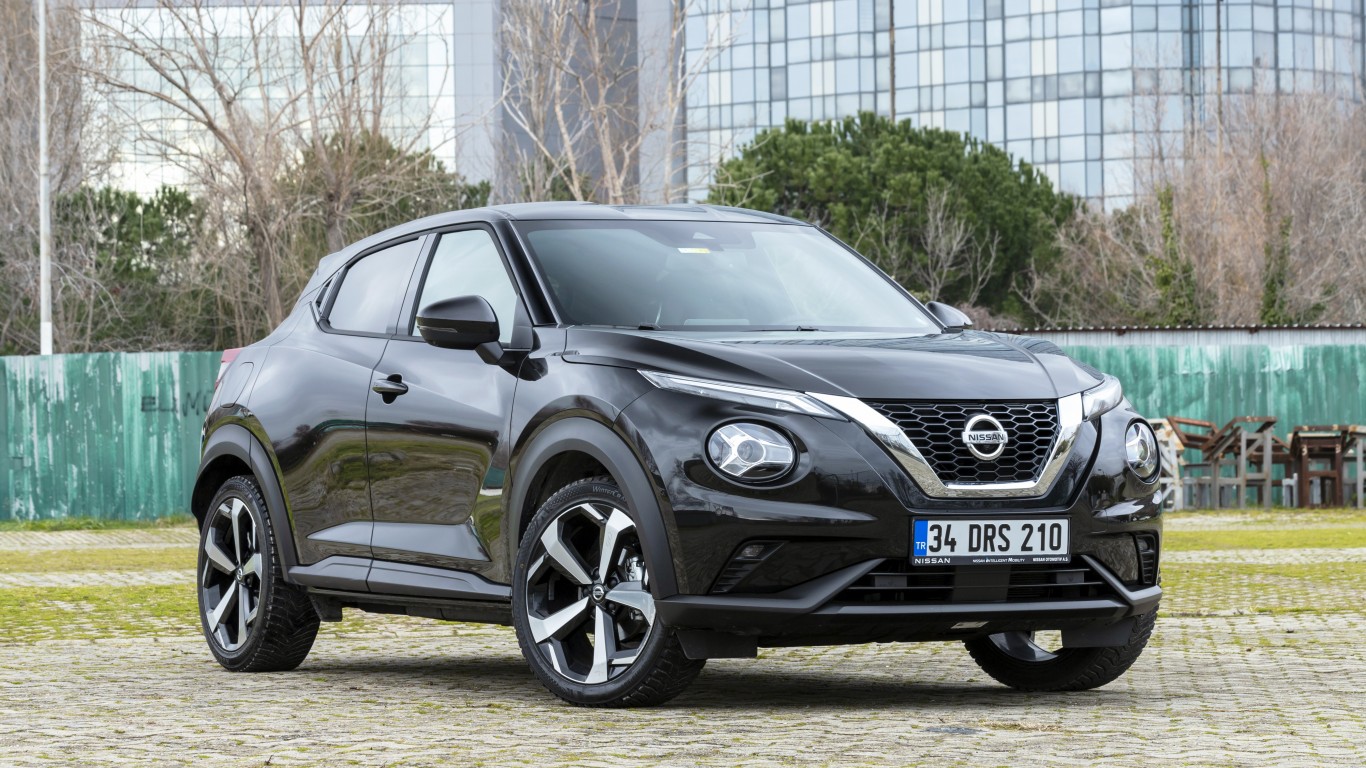
8. Nissan
> Score: 502/1,000 points

7. Kia
> Score: 510/1,000 points
[in-text-ad]
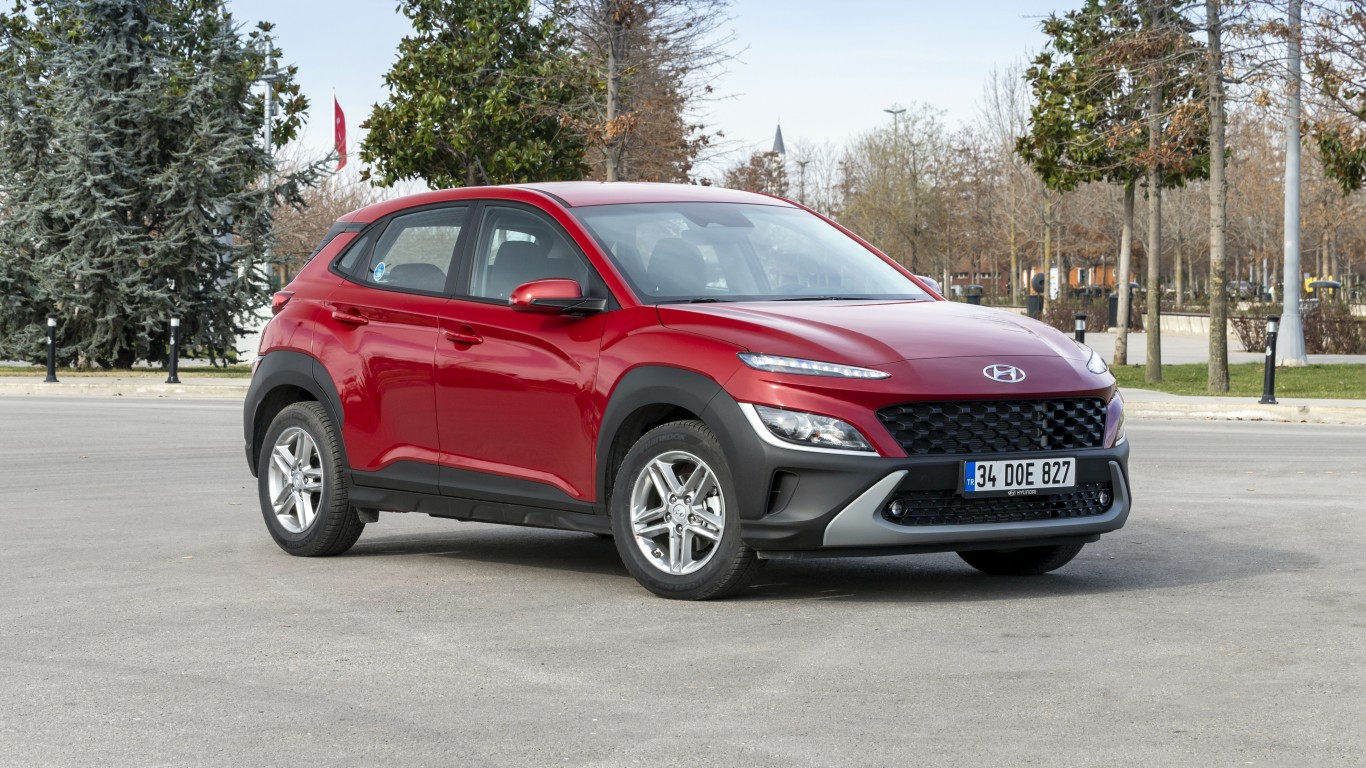
6. Hyundai
> Score: 519/1,000 points

5. Mercedes-Benz
> Score: 523/1,000 points

4. BMW
> Score: 545/1,000 points
[in-text-ad-2]

3. Volvo
> Score: 550/1,000 points
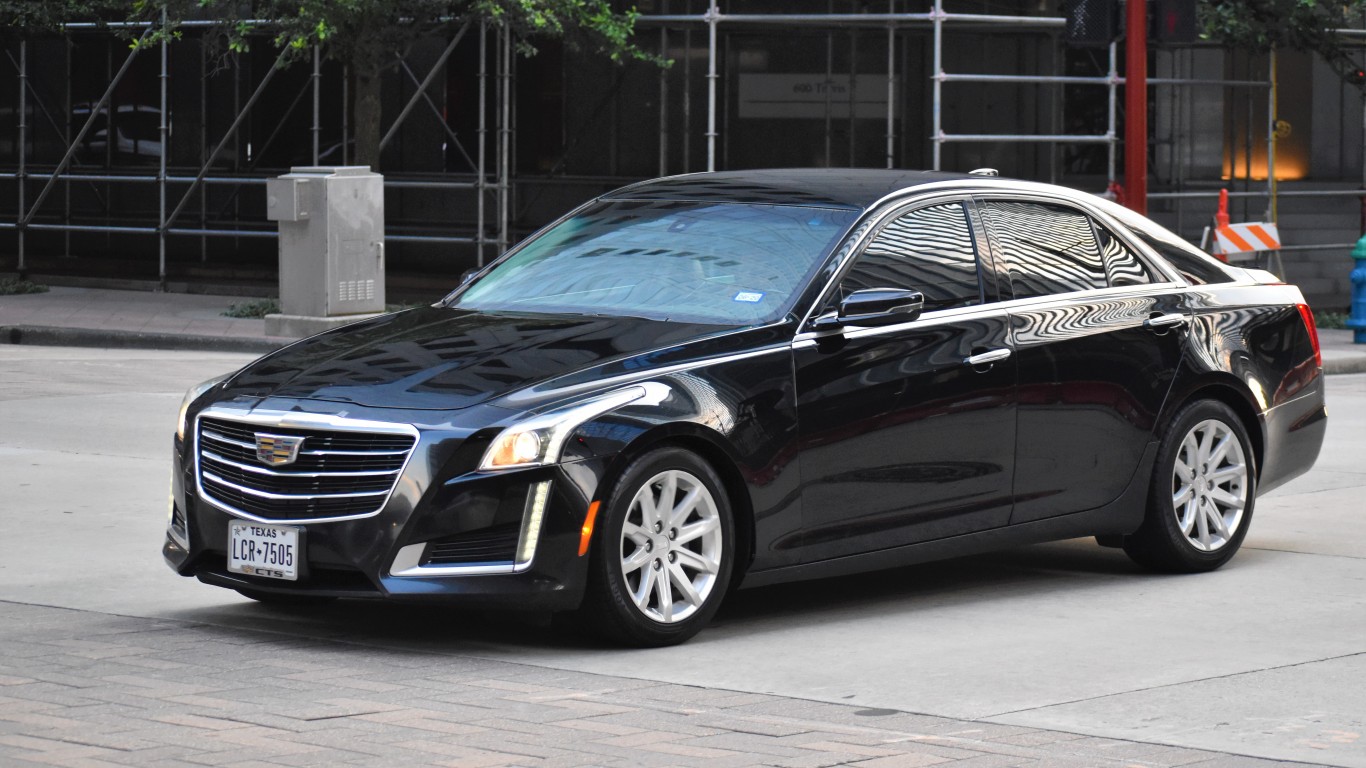
2. Cadillac
> Score: 551/1,000 points
[in-text-ad]

1. Genesis
> Score: 634/1,000 points
Credit card companies are handing out rewards and benefits to win the best customers. A good cash back card can be worth thousands of dollars a year in free money, not to mention other perks like travel, insurance, and access to fancy lounges. See our top picks for the best credit cards today. You won’t want to miss some of these offers.
Flywheel Publishing has partnered with CardRatings for our coverage of credit card products. Flywheel Publishing and CardRatings may receive a commission from card issuers.
Thank you for reading! Have some feedback for us?
Contact the 24/7 Wall St. editorial team.
 24/7 Wall St.
24/7 Wall St. 24/7 Wall St.
24/7 Wall St.
